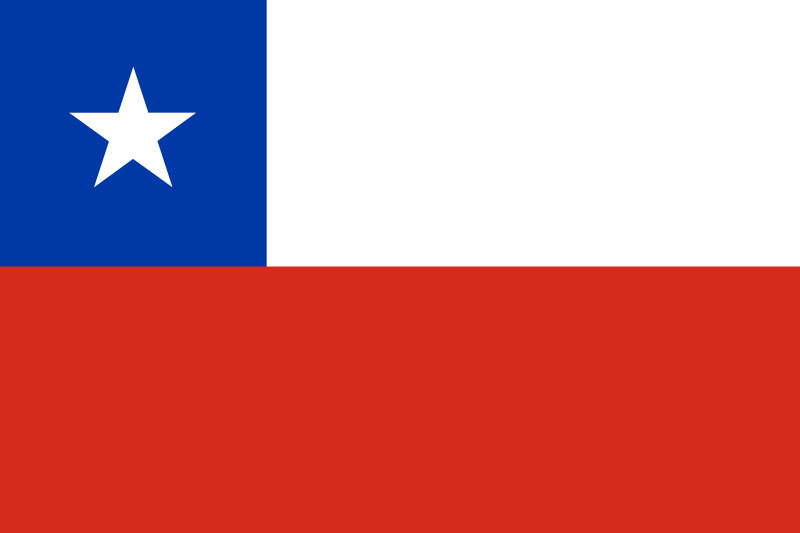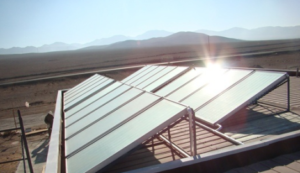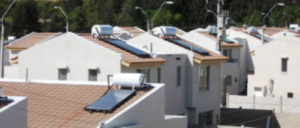Chile: New Government to Extend Tax Credits
January 23, 2014
Chile’s tax rebate scheme for the housing industry ended on 31 December 2013. Since then, Chile has not had any incentive scheme for solar water heaters and local system suppliers are facing a period of low demand. The photo shows Sebastián Piñera, the outgoing Chilean President, in the capital of Santiago on 12 December 2013 during the inauguration of two new blocks of social housing with solar water heaters on their roofs. It was one of the last projects realised by help of the tax credit scheme from the 2009 Law 20.365. Still, the election agenda of the new government also includes the approval of a new scheme similar to the just finished one.
264 families in the above-mentioned social housing project did not even have hot water supply in their shanty houses on the outskirts of Santiago. The new multi-family buildings provide it to them for the first time ever, thanks to free solar energy from the buildings´ rooftops.
Until now, the tax rebates have allowed the installation of some 20,000 solar heating systems, mostly in new social housing projects for the low-income population. Without this scheme, the entire Chilean solar thermal market would shrink by 2 or 3% of its last two years’ size, according to Christian Antunovic, President of the Chilean solar energy association ACESOL. “The only active clients now are some hotels, industries and public buildings. Mining companies are also a potentially growing customer group,” Antunovic says. In fact, in mid-October of 2013, Piñera inaugurated the world´s largest solar thermal field with 27.5 MWth (39,300 m² of collector area) at the Gaby copper mine of state-owned mining company Codelco.
The mining sector represents a potential source of growth for solar thermal in a country whose GDP mainly depends on this sector’s business activities. In contrast, solar thermal system suppliers focusing on the residential market will face rough times. “Some of the installers may go out of business or change the sector,” Antunovic complains. The president also fears that the two main industrial producers of thermal collectors will have almost no business at all.
Still, the sector doesn’t throw in the towel. The new left-wing government of Michelle Bachelet, which will take over in March 2014, included in its election agenda the approval and extension of the tax credit scheme. “We are confident that this is going to happen. The only problem is we still don’t know when,” Antunovic says. According to ACESOL’s president, the approval process may take the next 6 to 12 months.
If the government approves an incentive similar to Law 20.365, ACESOL estimates that more than 150,000 new low-cost houses could receive solar thermal systems by 2020. The association claims that solar thermal systems allow savings of between 30 and 75% of a family’s fossil fuel energy costs, depending on the region. This means savings up to Chilean Peso (CLP) 176,000 (around USD 345) per year and family, which is an important sum in a country with an average family income of CLP 390,365 (around USD 770) per month.
With one of the world’s highest solar resources, the great potential of the Chilean solar thermal market will survive the temporary setback – at least, in the opinion of Antunovic: “The public is becoming increasingly interested in the technology as a way to save money. It’s just a matter of time until we will have reversed the market’s slowdown.”
More information:


